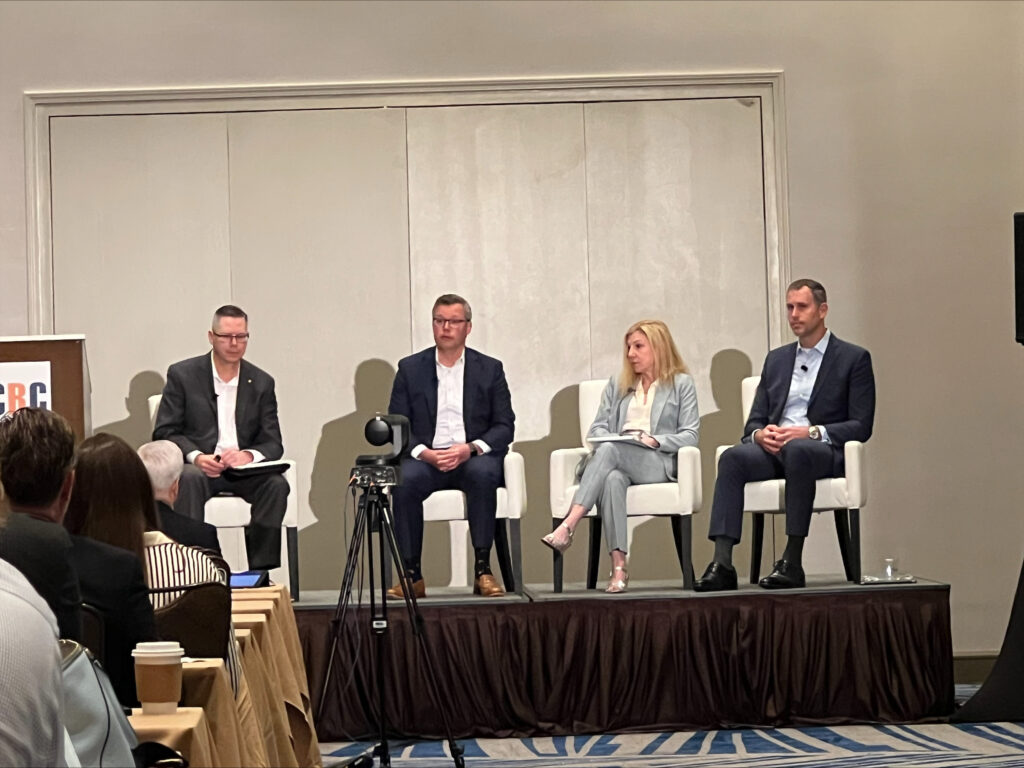Risk managers must prep for climate change exposures: Experts
- August 15, 2025
- Posted by: Web workers
- Category: Finance

ORLANDO – Construction professionals need to have robust risk management plans in place to mitigate the worsening impact of climate change on their businesses, insurance experts say.
Climate-related hazards are already impacting projects and the rising frequency of severe weather in unexpected locations is a concern for contractors and owners, these experts said during a session Tuesday at the IRMI Construction Risk Conference.
Eric Davis, Houston-based managing director, construction and infrastructure at Aon PLC said: “You have to have solid risk management fundamentals, which involves both contractual protection and insurance protection.”
Reviewing how a force majeure event is defined in a contract is a first step, he said. “What triggers those conditions in the contract? What sort of relief do you get in the contract? Is it schedule, is it cost, or both?” Mr. Davis said.
“Who would have thought that a hurricane would have impacted San Diego and Los Angeles? Maybe it’s worth taking a second look in your contracts,” he said.
Construction professionals should also review a project’s geotechnical exposures and differing site conditions, Mr. Davis said. “What happens if you encounter ground conditions in the project that you did not expect to encounter,” he said.
For rail projects that are linear and go over miles and miles, for example, ground conditions will vary, and the geotechnical conclusion is perhaps less certain than you’d otherwise have if you’re building on one site, he said.
It’s more important than ever to ensure that there’s training onsite with respect to the impact of heat-related bodily injury-type claims, said Valarie Jonas, San Diego-based director of construction claims at Markel Corp. Workers “need to be trained in what to look for,” she said.
The lack of skilled labor in construction is a key stressor on the claims side, Ms. Jonas said. “You have the skilled workforce that has retired and is not on site to train the new folks,” she said.
Construction projects should show that they have implemented a plan providing water, dehydration stations, shade and scheduling the most laborious work in a project for the morning or later in the afternoon, she said.
“The high point of the heat in places like Texas and Nevada is going to be between 11 and 2, so it’s important to schedule around that,” she said.
Employers also need to be aware of regulations, both under OSHA at the federal level and at the local and state level, Ms. Jonas said. “With these regulations you’re going to see an uptick in litigation,” she said.
Establishing robust risk management programs is critical, said Guenter Kryszon, Richmond, Virginia-based global executive underwriting officer for property at Markel Corp. It’s also important to consider how the materials being incorporated into a project are going to respond to future impacts from climate change, Mr. Kryszon said.
The panel was moderated by Jay Hurin, Boston-based manager, construction and property solutions at Markel Specialty.



